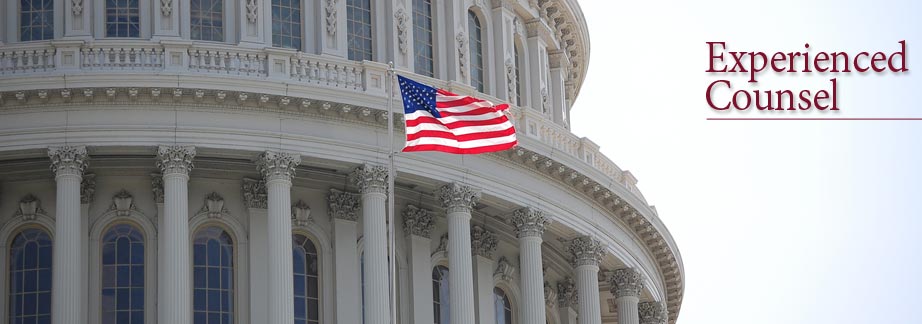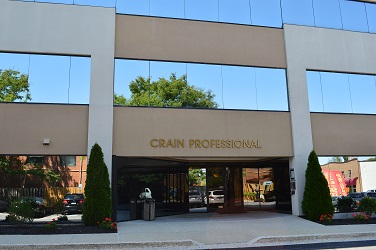Federal False Claims Act Overview
The False Claims Act is intended to encourage people to come forward with information and assist the government in stopping fraud. Under the statute, individuals are awarded a percentage of the money the government recovers as a result of their successful whistleblower lawsuits, also called "qui tam" lawsuits. Whistleblowers typically receive between 15% and 25% of the total government recovery. In some instances, whistleblowers may receive up to 30% of the total recovery, depending upon several factors. The law gives whistleblowers a share of the recovery to give people a strong incentive to step forward and take the personal and professional risks involved in reporting fraud. The law also encourages private law firms to risk their resources in litigating cases on the public's behalf. Because the Act allows for treble damages (three times the amount of the fraud) plus statutory penalties of up to $11,000 per false claim, total recoveries often total in the millions.
In a November 22, 2010 press release, the Department of Justice reported that it had secured $3 billion in civil settlements and judgments in cases involving fraud against the government in the fiscal year ending Sept. 30, 2010. This includes $2.5 billion in health care fraud recoveries and represents the second largest annual recovery of civil fraud claims. Amounts recovered under the False Claims Act since January 2009 have eclipsed any previous two-year period with $5.4 billion in taxpayer dollars returned to federal programs and the Treasury. Recoveries since 1986, when Congress substantially strengthened the Federal False Claims Act, now total more than $30 billion.
Most of the cases resulting in recoveries were brought to the government by whistleblowers under the False Claims Act, the federal government's primary weapon in the battle against fraud. Of the $3 billion in settlements and judgments obtained in fiscal year 2010, over $2.3 billion was recovered in lawsuits filed under the False Claims Act's qui tam provisions. In fiscal year 2010, relators were awarded $385 million. Since 1986, when the qui tam provisions were strengthened by Congress, whistleblowers have obtained more than $2.8 billion in awards.
Cases are filed secretly
A qui tam lawsuit is filed under seal, so that it is not disclosed to the public and cannot be discovered by the press or the defendants. The purpose of "sealing" the lawsuit is to permit the government to conduct its investigation without interference from the defendants. The case will remain under seal until the court orders it to be unsealed and served, which typically occurs after the government has decided whether it will intervene (participate directly) in the litigation or not.
Don't delay, file first
The False Claims Act provides that only the first person to file a qui tam suit alleging the fraud can proceed. Courts lack jurisdiction over qui tam cases alleging the same fraud alleged in an earlier filed case. Therefore, it is critical that you are the first to file the lawsuit with your allegations of fraud.
Whistleblowers are protected by law
Retaliation against whistleblowers is strictly prohibited. Recent amendments to the False Claims Act greatly expand the scope of whistleblower employment discrimination protection. Previously, limited to retaliation claims by "employees," the 2010 amendments to the law dramatically increases the scope of potential liability by providing an independent federal cause of action for alleged retaliation against employees, contractors and agents engaged in any "other efforts" to stop a violation of the False Claims Act.
State False Claims Acts
In addition to the Federal False Claims Act, more than twenty-five states, as well as the District of Columbia have enacted State False Claims Acts and qui tam laws. Whistleblowers in the following locations can recover money from companies and individuals who defraud state and local governments:
| California Connecticut Delaware Florida Georgia Hawaii Illinois Indiana Iowa Louisiana |
Maryland Massachusetts Michigan Minnesota Montana Nevada New Hampshire New Jersey New Mexico |
New York North Carolina Oklahoma Rhode Island Tennessee Texas Virginia Wisconsin District of Columbia |
Free and confidential case analysis
Consult The Shepard Law Firm for your no cost evaluation to determine your best course of action.













